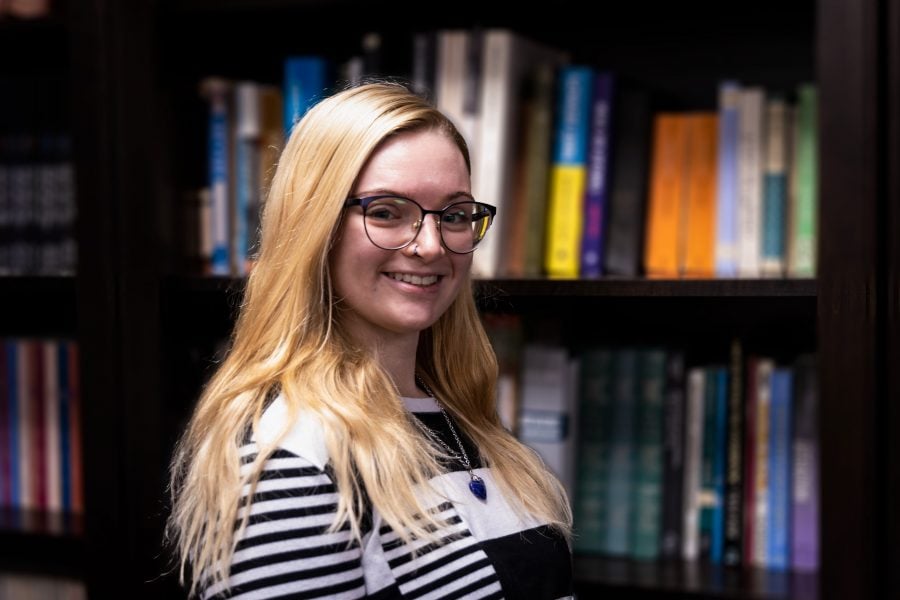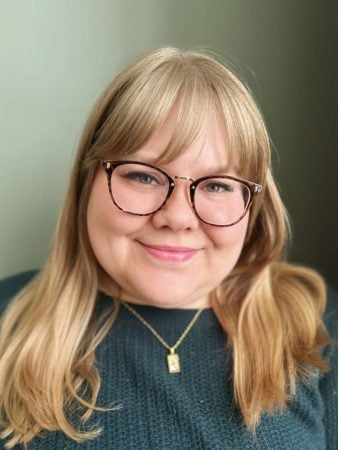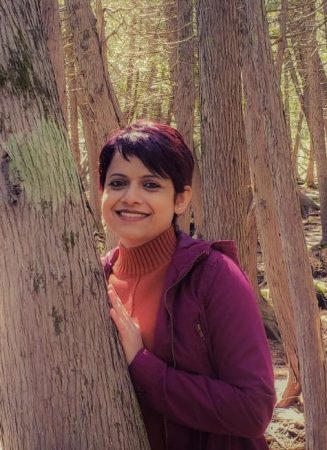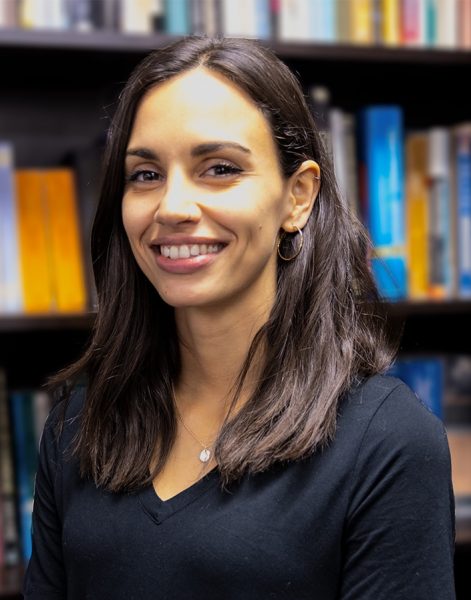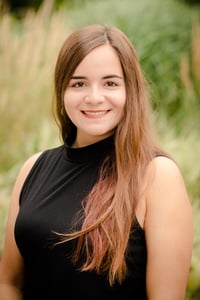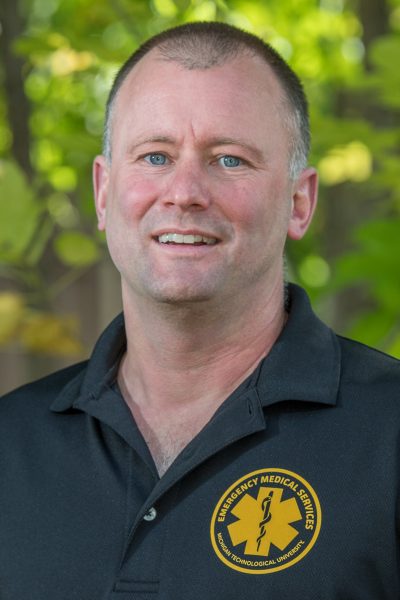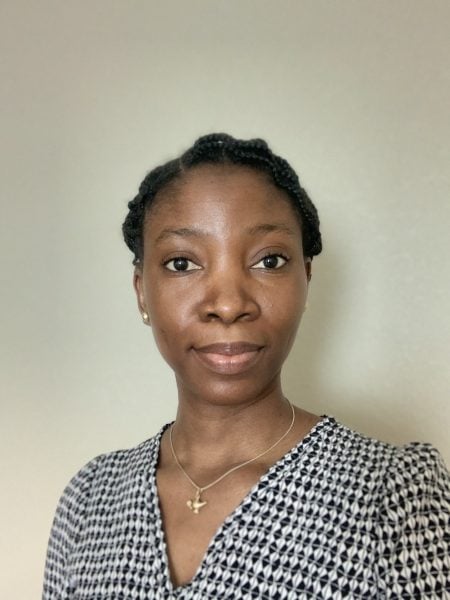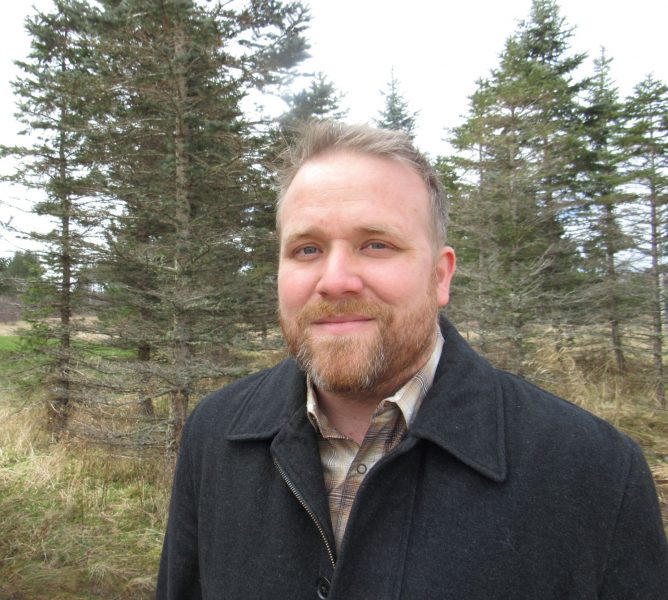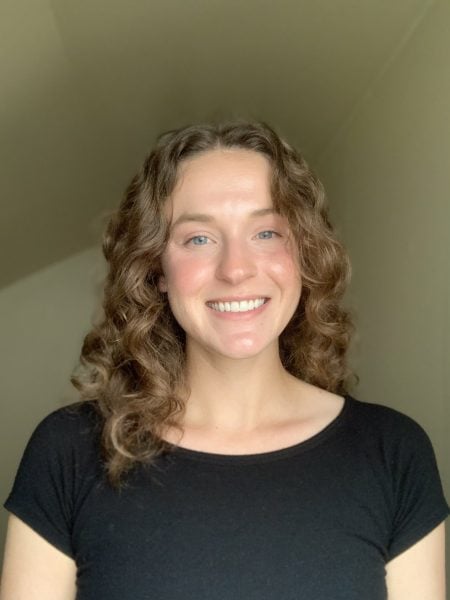
I began my PhD in Fall 2020 in the Department of Humanities interdisciplinary Rhetoric, Theory, and Culture program. Through my position as a Graduate Teaching Instructor, I quickly discovered my passion for teaching. At Michigan Tech, I have taught First-Year Composition and other writing courses, such as Advanced Composition and Technical and Professional Communication. I have also served as Assistant Director of our Composition Program.
These experiences led me to specialize in writing studies and my research focuses on the needs of student writers. My dissertation is a classroom research project that investigates how students conceptualize their agency as writers and how this impacts their writing practice. I designed lessons that introduced students to ways of thinking about agency and collected student work throughout a semester, which I analyze through holistic and longitudinal coding to determine the changes in student conceptions of their agency and the effect this has on their writing.
I am very grateful to receive this Doctoral Finishing Fellowship and extend my thanks to the Graduate School and the donors who make this fellowship possible. The time to focus on my research will be invaluable. I also want to thank my advisor, Oren Abeles, and committee members Holly Hassel and Jennifer Nish for consistently going above and beyond to support me and my work.
